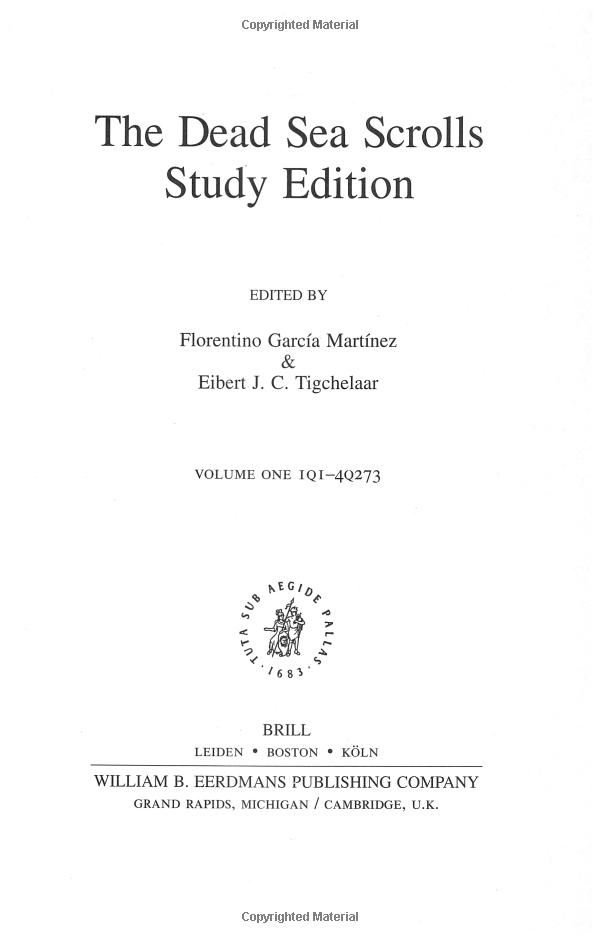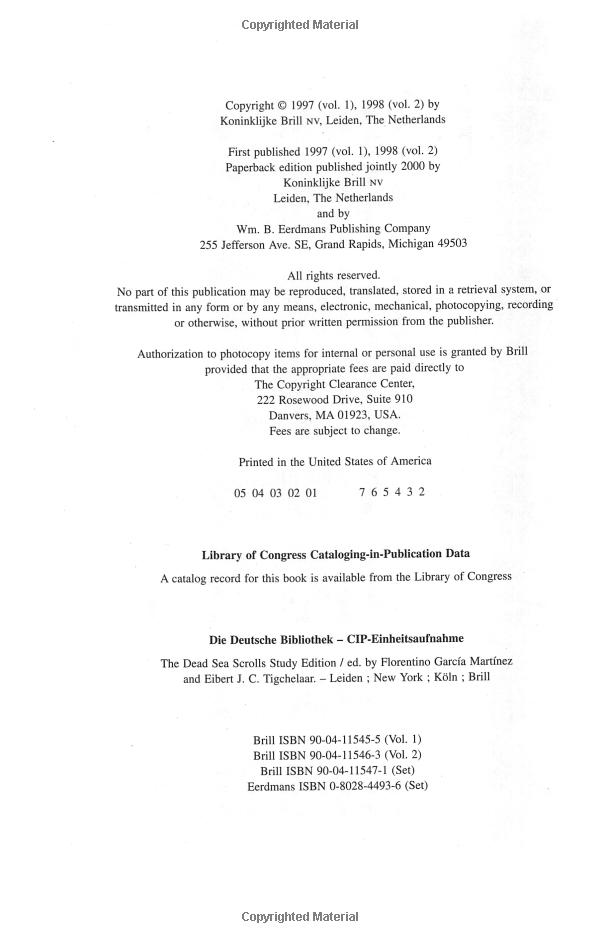In answer to the first question, you need to keep in mind that each book has different terms that are negotiated between the writer and the publisher. In some cases, the publisher will purchase first print rights or first US print rights. This means that they have the right to publish the works before anyone else. Generally, once this has happened, there is a set term during which the publisher has exclusive rights to the book.
After those terms have been satisfied, the author may choose to revoke or reclaim rights to the book. In that case, the author is free to submit the book to another publisher. Also, if the original publisher was granted first US print rights, then the author is free to submit to foreign publishers (the UK counts as foreign) and obtain a publishing contract there as well. It is not uncommon for a book to be published in different countries by different publishers.
Once the book has passed over into the public domain, then any publisher can choose to publish the book and make it available to readers. This is by far the most common means by which multiple publishers end up publishing the same book. If a publisher believes they have a unique opportunity to publish and promote an older book that is in the public domain, then it may be worth their time and effort to publish it.
Now to respond to your second question. Technically, the answer is yes. However, while it may be legal, technically, I would see this as unethical. If the book is published with the same title and credits the same author, then there is really no foul because the author is still getting credit. The publisher reaps the benefits of the author's reputation and get rewarded for investing the time and money to promote that author.
If the publisher chooses to keep the same title, basically all the same content, and then publishes the book under a different name, then that is where the ethical questions come into play. Just adding or modifying a few words or even a few chapters does not truly constitute a new book, and as such does not entitle the new "author" to lay claim to the full body of work. If the new author chooses to acknowledge the previous author and provides a disclaimer that this is a derivative work based on the previous efforts of the original author, then that would be considered acceptable.
The examples you gave were most likely a case of the publishers choosing to take advantage of the original author's reputation. They may have changed a few words either to improve the interpretation or enhance the work (in their opinion). Ultimately, as long as they provide proper attribution to the original author, this is still acceptable.


